Andrew's Top 3 Takeaways from the H&B Perspectives Forum
From the ‘Mundane 7’ to private credit, here are some key considerations to elevate your financial game
Last month, DP Wealth Director, Andrew Wielandt, had the pleasure of moderating a panel discussion at the prestigious H&B Investment Perspectives Forum in Brisbane. The event brought together financial advisors from across Australia to explore the complexities of financial markets and discuss effective strategies to empower your financial future.
Here are Andrew’s top three takeaways from this exclusive discussion, along with essential considerations to enhance your investment portfolio.
1. Diversify Your Portfolio Beyond the ‘Mundane 7’
In today's investment landscape, the Australian Securities Exchange (ASX) is heavily influenced by a small group of companies colloquially termed the 'Mundane 7': BHP, Rio Tinto, Fortescue, Commonwealth Bank, Westpac, ANZ, and NAB. While these firms have a solid track record, they are expensive, and the opportunities beyond these industries, especially in international markets, are worth exploring.
At DP Wealth, we believe that diversification is crucial for effective investing. By strategically spreading your investments across different asset classes, sectors, and regions, you can reduce risk and enhance potential returns.
Consider broadening your investment horizons beyond the ASX. This strategy can help mitigate risks tied to the Australian economy's reliance on commodities and banking. For instance, investing in technology firms in the US or renewable energy companies in Europe can provide access to high-growth sectors that may be less prominent in the Australian market.
2. Uncover Untapped Potential with Private Credit
In the current economic climate, private credit has emerged as an asset class worth considering. More investors and analysts are looking to it for potentially improved returns.
But what is private credit, and how can it fit into your portfolio? Private credit involves loans and debt financing offered by non-bank entities or investment funds, typically to privately held companies or high-net-worth individuals. It includes various forms, such as direct lending, mezzanine financing, distressed debt, and real estate debt, each presenting different risk and return profiles.
Incorporating private credit into your investment strategy can be a smart move, offering diversification and potentially higher yields. However, it also presents its own set of potential risks. So, at DP Wealth, we recommend consulting with your financial advisor before making any decisions.
3. Unlock Opportunities in Unlisted Investments
Recent economic trends indicate there could be valuable opportunities in including unlisted investments (real assets) in your portfolio.
Unlisted investments are financial assets that are not traded on public exchanges. These can include real estate, private equity, infrastructure, and collectibles like art or antiques. Beyond real estate, other unlisted assets, such as farmland and natural resources, can offer promising investment opportunities. These assets often appreciate over time and can generate income through agricultural sales, serving as a hedge against inflation and market volatility.
Investors often seek unlisted investments for their potential to diversify and deliver higher returns, as they tend to be less vulnerable to market fluctuations than publicly traded stocks and bonds. However, they come with their own risks and challenges, especially when the market for these assets faces downturns.
Ready to take the next step in your financial journey?
Call our office on 4690 2588 for an obligation-free conversation around the latest investment insights and diversification strategies.
This blog is for informational purposes only and should not be construed as investment advice or a recommendation to buy or sell any securities. Investing involves risks, including the potential loss of principal. It is general advice only, no consideration has been made for your current circumstances, attitude to risk or goals and objectives. Investors should consult their own financial advisor before making any investment decisions.




